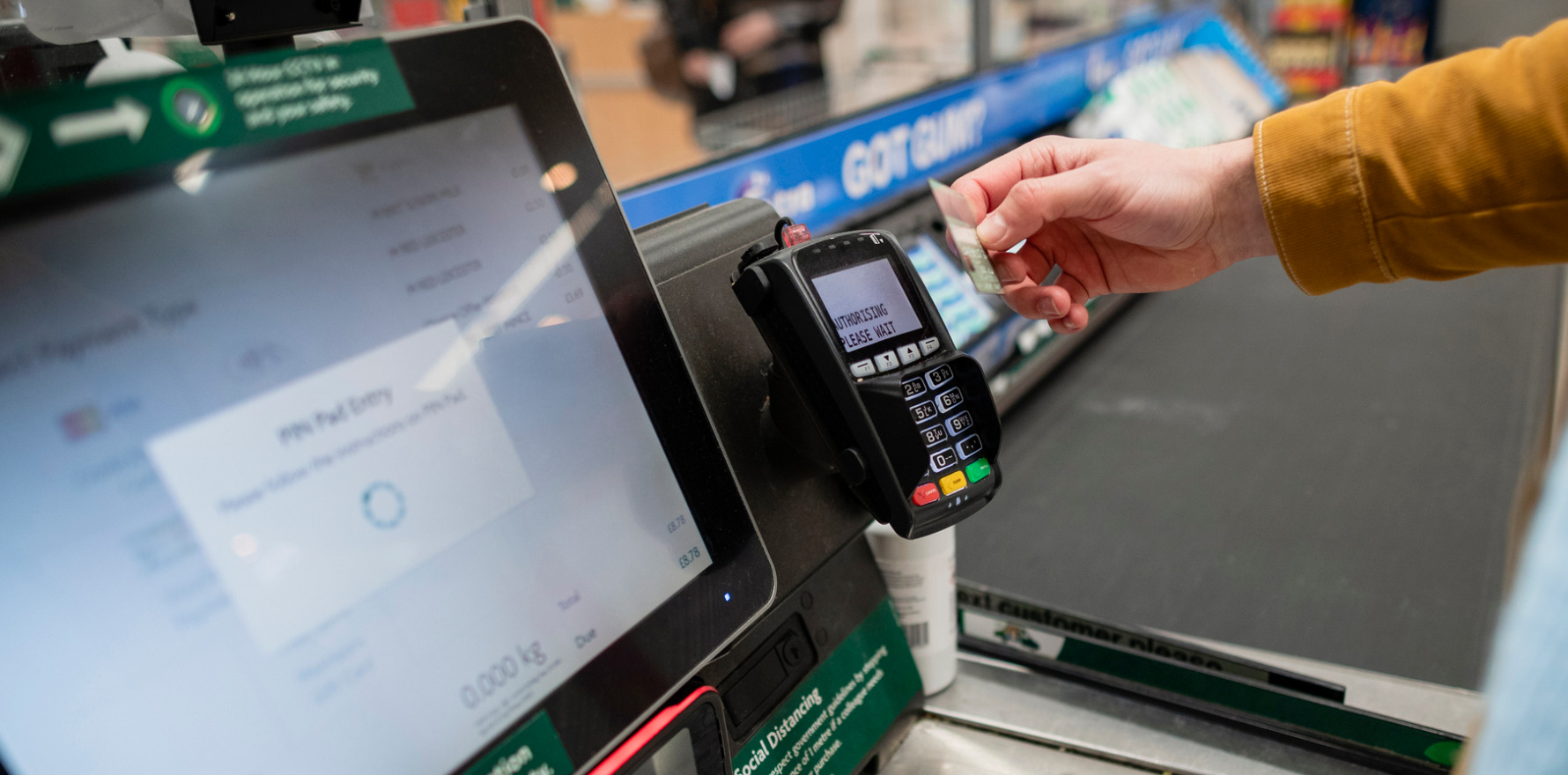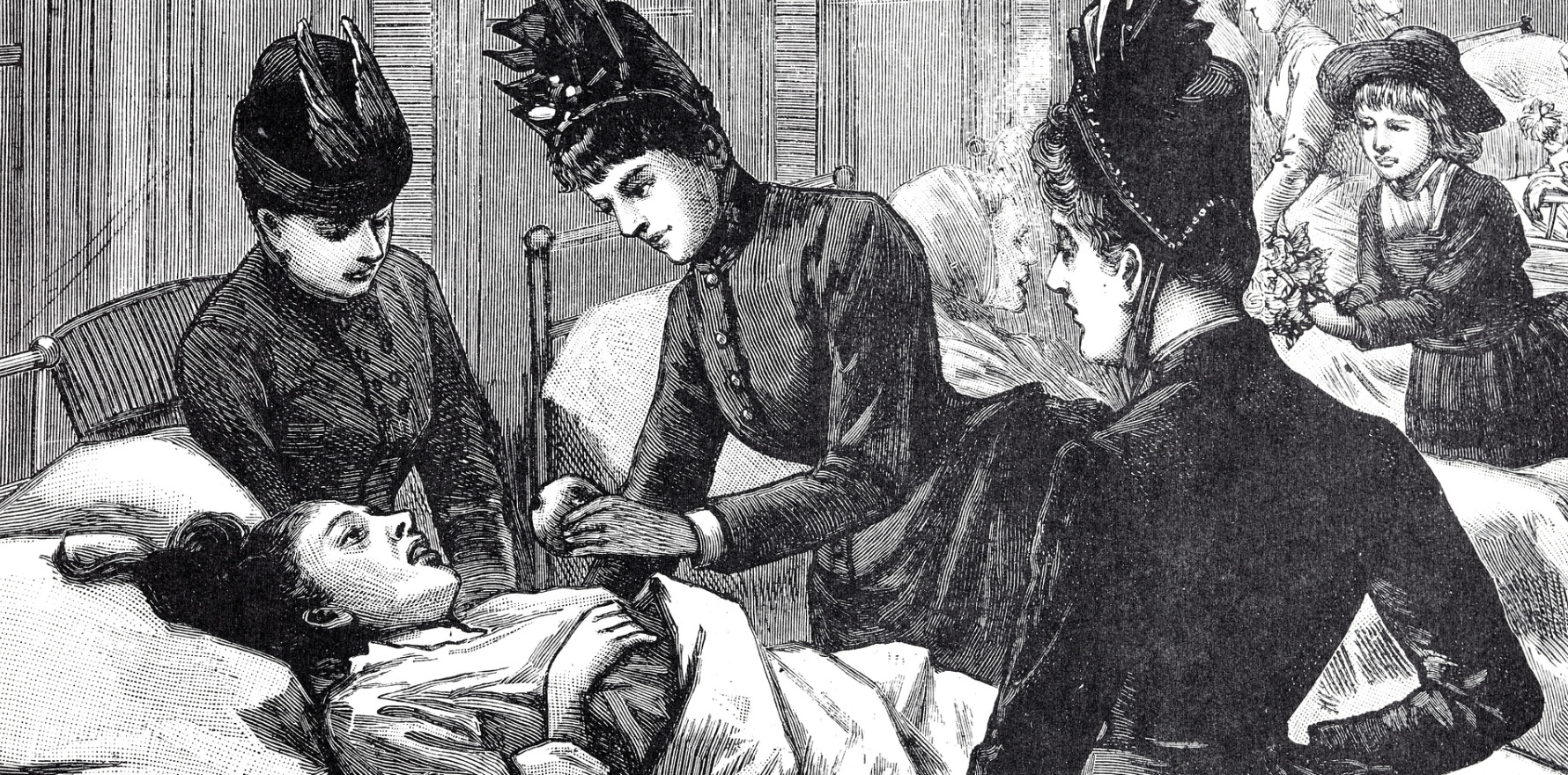I’m all for empowerment, but only if it serves the most needy. Otherwise, it’s just neglect.
I have recently spent a month in the UK, and have realised yet again that we have some fundamental problems in both our systems, and it primarily involves the line between self-care and healthcare.
In any system, there are health issues that never reach a health professional. This varies across people, cultures and systems. When I was a child, to get to see a doctor, I had to convince my mother that I was either bleeding to death, had broken a bone or had some other reason that might cause me to expire in short order. Doctor visits were rare. I don’t remember going to a pharmacy.
When I started general practice, I was a rural doctor, and I discovered how far the line between healthcare and self-care could shift. Farmers wouldn’t turn up unless they were actually hovering at the gates of St Peter, and even then, they apologised.
In city practice, I’ve had the opposite, when people turn up with the slightest of ailments, convinced they need professional help.
In recent years, I’ve watched the governments of the day try to shove that line further and further back, so that more conditions are cared for at home, and less in health facilities. The argument seems to go that your civic responsibility is to know what your illness is, purchase your own treatment, and follow the appropriate regimen until you are better, without bothering the doctor with your concerns.
Our system is now teeming with “options”, all of which require a lengthy period of “doing your own research” before you can wangle your way in the narrow doors of a variety of narrowly focused health services.
I disagree with this approach on a few levels, but I wanted to show you what happens in the National Health System in the UK.
Let’s consider Amy, who has a headache, which is worse than usual, and is not responding to the usual aspirin.
In the NHS system, Amy has three choices. She can turn up to her usual GP in London, at 8am, and fill in a form. The form is reviewed by someone in the clinic at some point in the day (the clinician doing the reviewing is unspecified) and she is triaged. If she is considered unwell enough, she is given an appointment on the day. If not, she has to manage on her own and potentially turn up the next day at 8am. There is no facility to make an appointment in advance. She is not allowed to get care from another clinic.
Her alternative is to “go private”, seeing a GP for a cost.
The third choice is to go through a website, like that of Boots Pharmacy, fill out a questionnaire, and then if the clinician is happy with her symptoms, pay for the consultation and the medication when she picks up her tablets at a Boots Pharmacy nearby. That way, she doesn’t speak to a clinician at all.
It goes without saying that Amy needs a few skills to navigate this mess.
First, she has to be able to describe her problem in words that fit on the form. Or at least to be able to tick an appropriate box. Feeling generally unwell doesn’t cut the mustard.
Then, she needs to be able to access and understand the relevant website, read the complex instructions on the relevant forms, and to triage herself appropriately. Or she needs to get to the clinic at the right time, then wait for a phone call at home and, if necessary, go back again the next day.
You can already see how those with the privilege of literacy in English, health literacy and digital literacy are way ahead of the game. As are the people who know how to game the system, and describe their symptoms in ways that ensure they get what they want.
The bureaucrats of the world will be absolutely FINE with this approach of course, because it’s the way they think. The farmers? Not so much.
There is also great privilege in being lucky enough to have the average illness with an average symptom. If Amy has sinusitis, or migraine, or tension headache, she’ll probably get the right treatment. If it’s meningitis, or hypertension, or any number of other rare things, she may be managed poorly, or not at all.
I’m sure the trick is to present yourself as sick enough, without looking so sick you might be dismissed for being histrionic. A delicate balance.
And if things go wrong, which they inevitably will given simple symptoms sometimes herald dangerous diseases, it will probably be seen as Amy’s fault for not selecting the right service for her needs.
The negotiation between healthcare and self-care is a matter to be considered as part of public policy.
The reason we GPs exist was partly to ensure people were given the right treatment at the right time, avoiding the cost of prolonged hospitalisation when things were missed or mismanaged. We were also there to “gatekeep” essential resources. Like antibiotics, which an individual may well want, but not need. We were there balancing the risks of serious infection for the individual against antibiotic resistance in the community.
It seems to me our governments are now deciding how much power to delegate to individuals, so individuals can access whatever treatment they feel is appropriate without needing to see a doctor.
This will inevitably mean things are missed or mistreated, and some will end up suffering unnecessary harm.
The ability to access whatever an individual thinks they need without seeing a doctor is often couched as “empowerment”. For the literate and privileged, it probably is. For Amy, who may well have difficulty following a protocol, paying for a service or reading a form, it clearly isn’t. Given her headache, her low literacy and low resources, her capacity to manage all of this may be an unnecessary load that she is unable to carry.
Related
In the UK, Amy faces the challenge of rejection. If she cannot present herself appropriately, it is likely she won’t be seen. No one is going to look at her, and see she looks dreadful and appropriately escalate her assessment.
Here, Amy is unlikely to know which of the plethora of services fits her needs. Should she go to a pharmacy, or a nurse-led clinic, or a GP or an emergency department or somewhere else? How does she know? How does she know when or whether to be concerned? How will she know whether the health professional has the skill to make the correct, not just the most likely, diagnosis?
Shifting the balance towards more self-care reduces healthcare costs, but it does so assuming everyone has the skills and capacity to self-manage effectively. Opening up access to treatments means people can access anything they want, without the doctors interfering, but it may well mean the most needy people in our community can’t navigate complex intake systems and therefore miss out. Or the wealthy will overuse all sorts of things, leaving little behind for the poorer, sicker and, frankly, more needy.
There was value in having GPs be the one professional who could manage anything. It made the first step for care easy. I’m not convinced that it was more costly than the shambolic health system our patients navigate now, and I’m sure the patients in both our health systems would agree it felt safer and more secure for those in greatest need.
Having lots of options privileges the privileged, because they get lots of access and lots of choice. It also reduces cost by making people give up trying to get care, because it’s just too hard.
I’m all for empowerment, but only if it serves the most needy. Otherwise, it’s just neglect.
Associate Professor Louise Stone is a working GP who researches the social foundations of medicine in the ANU Medical School. She tweets @GPswampwarrior.





